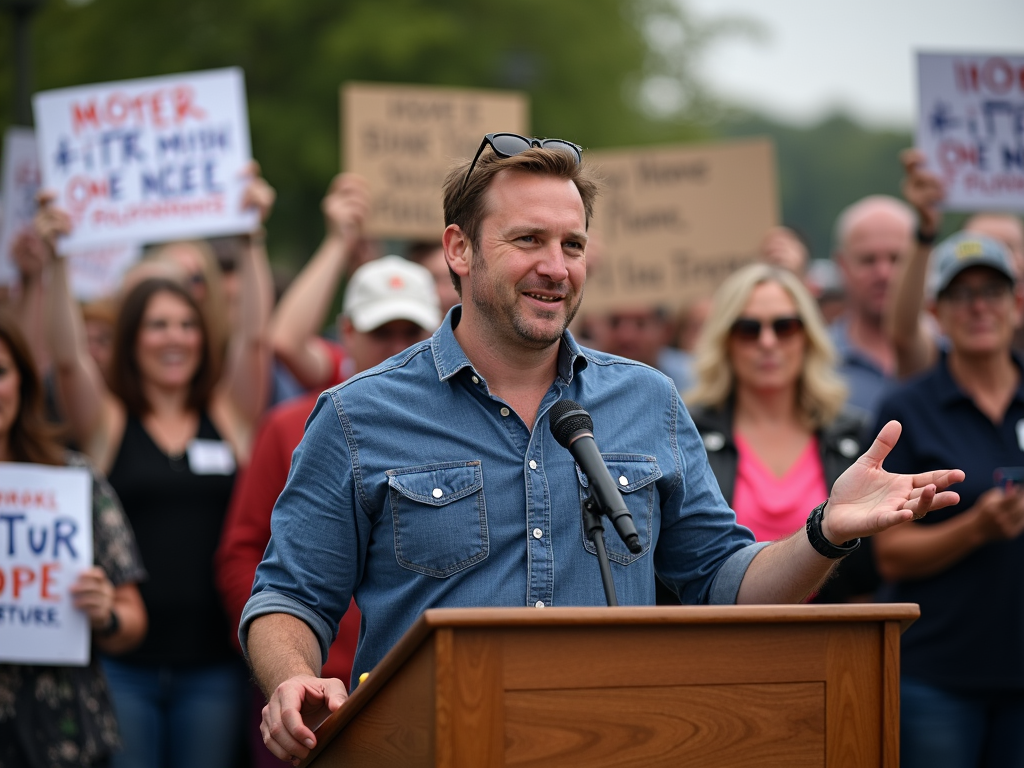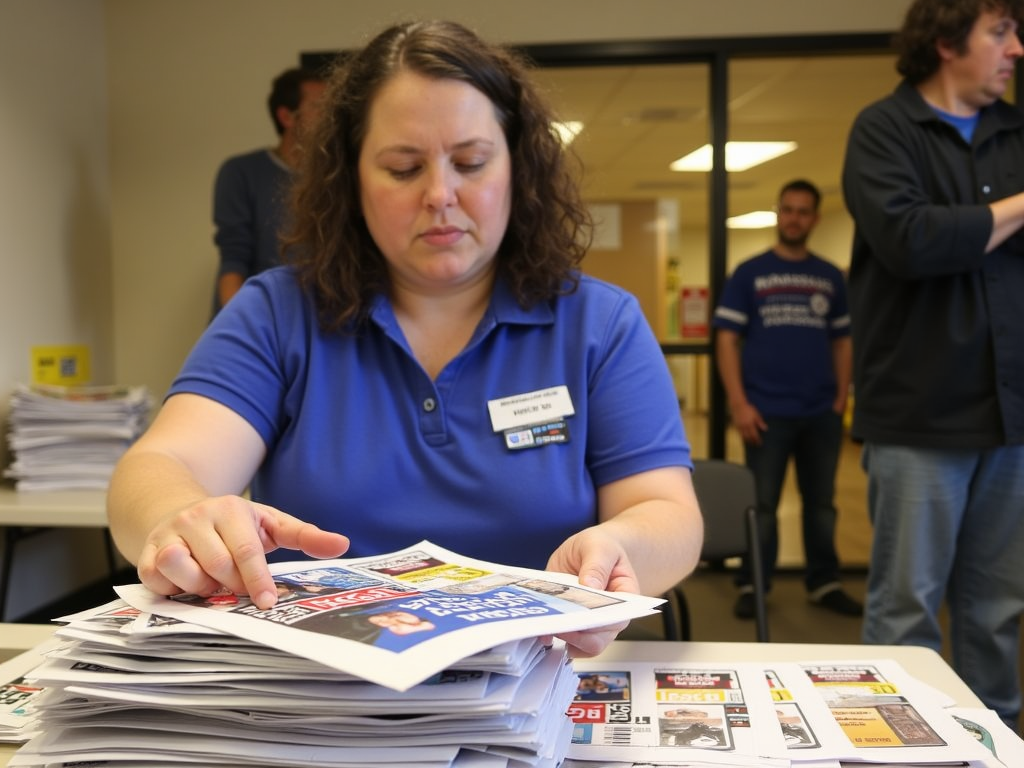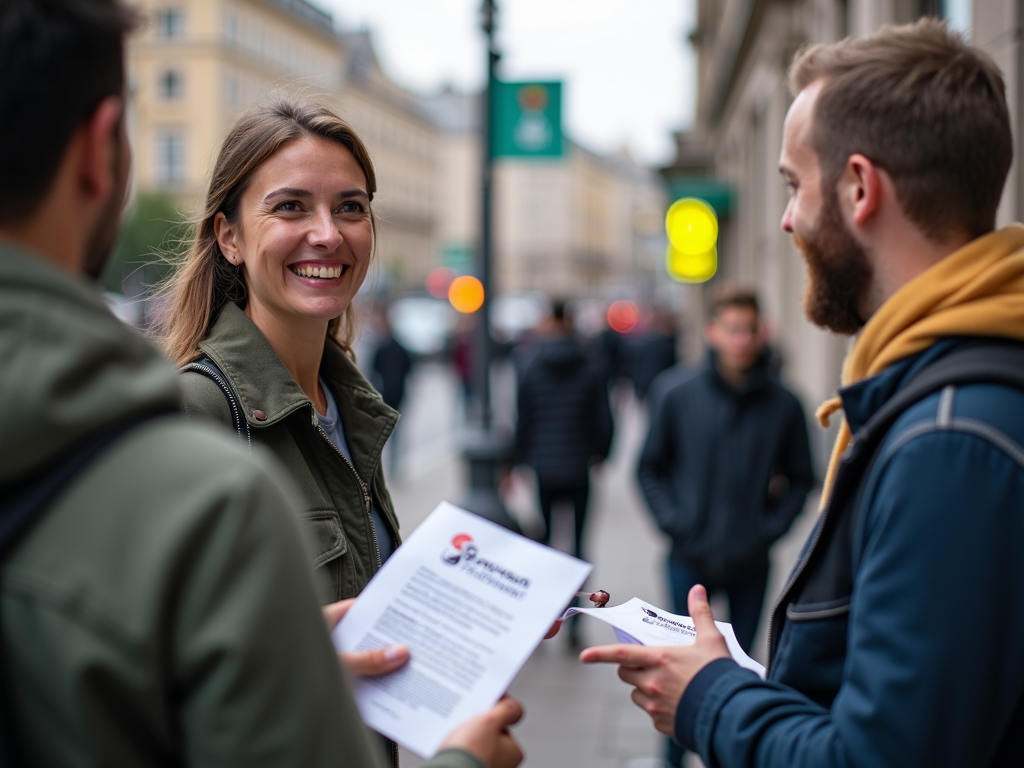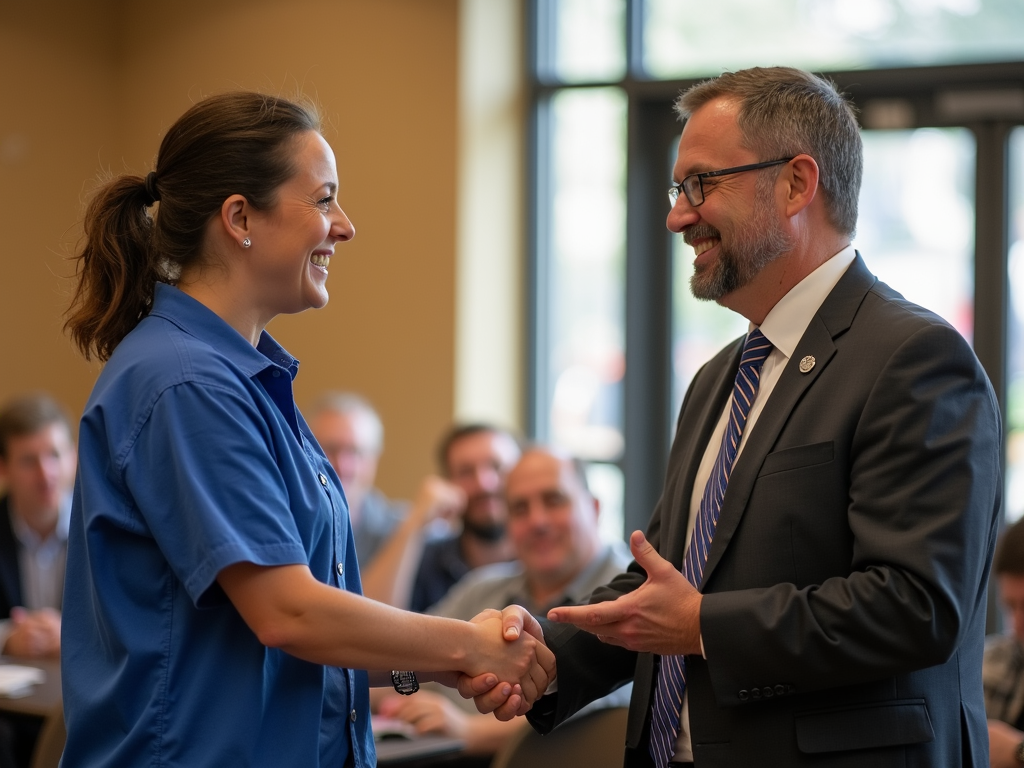Advocacy Volunteer Roles and Responsibilities: A Comprehensive Guide
By , May 15, 2025
Advocacy volunteers are everyday people who step up to promote causes, influence policies, and support their communities. This guide dives into what they do, why it matters, and how you can join them in making a difference.

What Does Advocacy Volunteering Mean?
Advocacy volunteering is all about pushing for change. Whether it’s raising awareness about climate change or fighting for better healthcare, advocacy volunteers work to shift policies and support communities. Unlike hands-on volunteering—like serving meals—advocacy focuses on the bigger picture, tackling root causes.
I’ve always admired how these volunteers amplify voices that might otherwise go unheard. Take a local group I know: they campaigned for safer streets. It wasn’t just about painting crosswalks; they convinced city leaders to rethink traffic laws. That’s advocacy in action—real change from regular people.

Key Roles of Advocacy Volunteers
Advocacy volunteer roles and responsibilities vary, but here are some common ones:
- Campaigners: They lead efforts to spread the word, like organizing petitions.
- Researchers: They dig into facts to back up the cause.
- Communicators: They write blogs or manage social media to share the message.
- Organizers: They set up events, like town halls or marches.
- Lobbyists: Some even meet with lawmakers to push for change.
Each role matters. For example, researchers might uncover data showing how pollution affects kids’ health, while communicators turn that data into a story people care about. Together, they build momentum.

Responsibilities That Make a Difference
The responsibilities of advocacy volunteers keep things moving. Here’s what they often do:
- Researching: Finding solid evidence to support the cause.
- Networking: Connecting with leaders, supporters, and decision-makers.
- Communicating: Sharing updates through emails, speeches, or posts.
- Organizing: Planning meetings or protests to rally people.
- Advocating: Speaking directly to those in power.
I once saw a volunteer spend hours preparing for a five-minute meeting with a council member. She brought stats, stories, and a clear ask. That meeting led to a new community program. It showed me how much preparation pays off.

Skills You’ll Need
You don’t need a degree to be an advocacy volunteer, but some skills help:
| Skill | Why It Matters |
|---|---|
| Passion | Keeps you going when it’s tough |
| Communication | Helps you share the cause clearly |
| Research | Builds a strong case with facts |
| Networking | Opens doors to new supporters |
| Organization | Keeps events and plans on track |
| Resilience | Helps you bounce back from setbacks |
Passion stands out most. If you care deeply, you’ll find a way to learn the rest. I’ve met volunteers who started shy but grew into confident speakers because they believed in their cause.

Why Volunteer for Advocacy?
Advocacy volunteering isn’t just about helping others—it helps you too. Here’s how:
- Growth: You pick up skills like public speaking or planning.
- Connections: You meet people who share your values.
- Impact: You see real changes from your efforts.
- Reward: It feels good to stand up for what’s right.
A friend of mine volunteered for an animal rights group. She learned to write press releases, met local leaders, and helped pass a new law. She says it’s the most meaningful thing she’s done.

How to Jump In
Ready to try advocacy volunteering? Here’s a simple plan:
- Pick Your Cause: What fires you up? Education? The environment?
- Find a Group: Check out places like VolunteerMatch for opportunities.
- Show Up: Go to an event or meeting to get a feel for it.
- Sign Up: Apply with your skills and why you care.
- Start Easy: Try small tasks to build your confidence.
Don’t overthink it. I knew someone who started by handing out flyers and ended up leading a campaign. Small steps can take you far.

Tips for Success
- Listen First: Understand the community’s needs before acting.
- Stay Positive: Change takes time—keep at it.
- Team Up: Work with others to share the load.
Groups like Amnesty International show how volunteers worldwide make waves with these habits.
Advocacy volunteer roles and responsibilities might seem big, but they boil down to caring and acting. Whether you’re researching or rallying, you’re part of something powerful. Start today—you’ve got more to offer than you think.